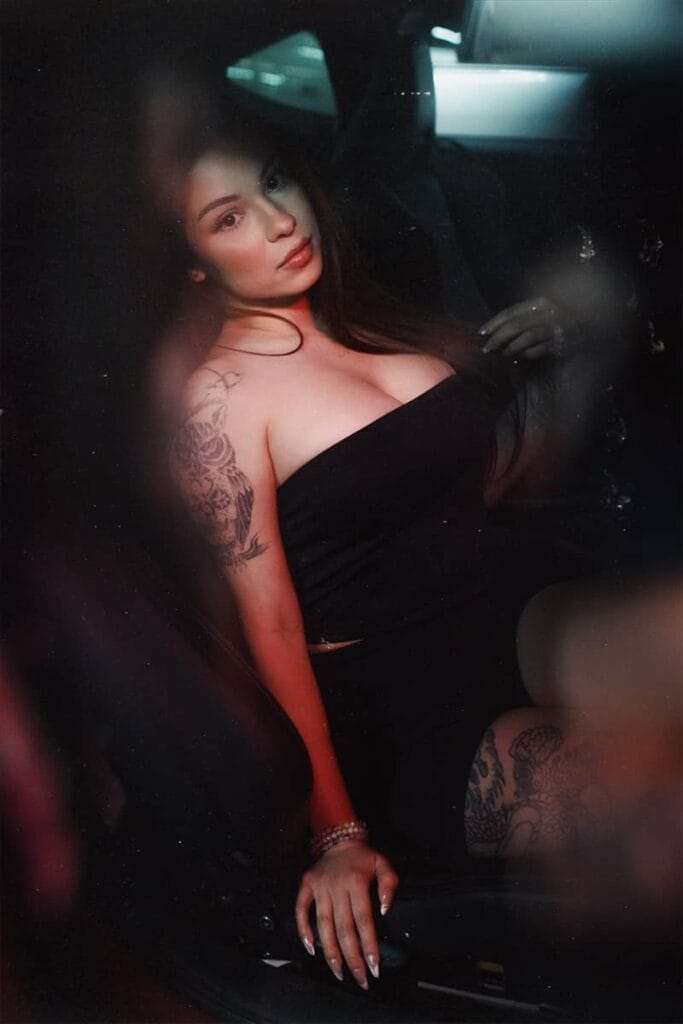
Tokyo Revengers: Tenjiku Arc Anime Collection Overview
Tokyo Revengers seems to be the underappreciated contemporary anime hit at times. During its first two-season run that was available for streaming on Crunchyroll in 2021, it was among the most watched series of the year. The impact of the series’ worldwide move to Hulu/Disney+ on awareness is astounding. All of the momentum from the first season washed away like Takemichi’s bloody shower gel. Let’s be honest: Disney’s limited selection of (albeit excellent) anime streaming shows are essentially let to rot with no promotion. Examine their illicit handling of premier series Summer Time Rendering (which was postponed for many months) and Heavenly Delusion (which was strangely shown under the untranslated title Tengoku Daimakyo).
The Tenjiku Arc is more dangerous than other seasons since it has many significant character deaths that Takemichi’s (as of yet unidentified) time travel powers are unable to prevent. After his most recent voyage to the future, Takemichi saw a world so shattered that he has been too afraid to go back, and as a result of his adversary Tetta Kisaki’s cunning and deadly deeds, the chronology continues spinning ever further out of control.
Kisaki is perhaps among the greatest villains in anime. He is a cunning schemer driven only by self-interest who uses others to carry out his dirty job. He is the antithesis of the hero, much like a lot of the most iconic villains. He wants to be a “dark hero,” responding to Takemichi’s selfless deeds as one of his driving forces. Takemichi’s belief that Kisaki is also a time traveler may make sense. Takemichi finally gets to face his archenemy face-to-face in the season’s last episodes, and I have to confess, I thought this was exciting. Takemichi punching Kisaki in the face is really pleasurable since Kisaki is such a tiny jerk. The brutality of Kisaki’s ending also makes me question where the plot may go from here, particularly given how quickly the season closes. Here, unlike in the previous seasons, there isn’t an epilogue or a change to the following storyline.
Tokyo Revengers has a wonderful villain, but the show’s prospects of survival were harmed by more than just the streaming service change; it’s a very flawed series that can sometimes be excruciatingly hard to watch. First off, Takemichi’s role as the protagonist has a serious problem. He’s as stupid as a box of rocks and so terribly inept. Even with his unparalleled edge in foresight and twelve more years of experience than his allies and foes, he still performs appallingly poorly when it comes to preparing or even understanding the problems he must handle. Takemichi often settles disputes by waiting for the next random narrative device to save him and sobbing while having the stuffing pounded out of him.
And that gets me to the second problem: the writing. Time travel can be a potent story technique in shows like Re:Zero and Steins;Gate, since they drive growth with a combination of optimism and sorrow. The script in Tokyo Revengers is monotonous and uninspired, often relying on the same old tactics. In a gang standoff, are Takemichi and his companions overwhelmingly outnumbered and outmatched? You need not fear, Takemichi will weep and be gasped by everyone as he is pounded to a pulp once again.
Thirdly, Tenjiku Arc’s tempo is tedious in Tokyo Revengers. The lengthy bouts stretch over many episodes, even though each anime episode averages almost four manga chapters. Many of them are made up of more absurdly drawn-out reaction shots to each punch and kick. Really, during the epic fight scene between Takemichi’s group and the rival Tenjiku thugs in the most recent season, the crudely drawn action stops many times each episode to show each member of the massive ensemble gasping in disbelief one by one.
Thus, given Tokyo Revengers’ many fatal problems, what makes me believe that the show’s third season—which Disney+ oddly labels as the second half of the second season—is still worthwhile to watch? Takemichi and his pals are endearing and easy to cheer for, even with their dumb protagonist and clumsy writing. Takemichi continues to fight despite knowing he is helpless in combat and out of his element, all in an effort to save his friends and loved ones from an awful future. His other gang members, who had previously written him off as a coward, finally come to appreciate his altruism and selflessness. He is a perfect example of a hero with selfless intentions who, for the most part, rescues the day without using force.
It’s easy to forget that these gangs of sub-Fist of the North Star martial artist monstrosities are all meant to be middle-school-aged kids, but Takemichi’s buddies are all absurd. Draken is one of the younger-looking ones, at fifteen going on thirty-five, with a shorn head and tattoos. The mysterious and erratic leader of Tokyo Manji Gang, Manjiro Sano (Mikey), is made much more relatable by this most recent storyline. But it also gives him a type of half-brother he never had before, who returns, resulting in the family tragedy that drives the tale to its climax.
For Tokyo Revengers, which lost its way in the latter part of the first and much of the second seasons, the Tenjiku Arc has been a return to form. The heightened drama, genuine emotions, and deeper character development all come together in an unlikely dark alchemy to produce an entertaining show that rises above its many flaws to become an exciting and entertaining pot-boiler, full of brutal cliffhangers and punch-the-air moments of triumph, despite its drawn-out pacing and frequently janky animation. If things continue at their present rate, I believe it might be finished in two more courses, or three at most, with only one big arc and its aftermath remaining to complete. Takemichi has earned a victory lap, so let’s hope he comes back for one. Poor defeated boy.


